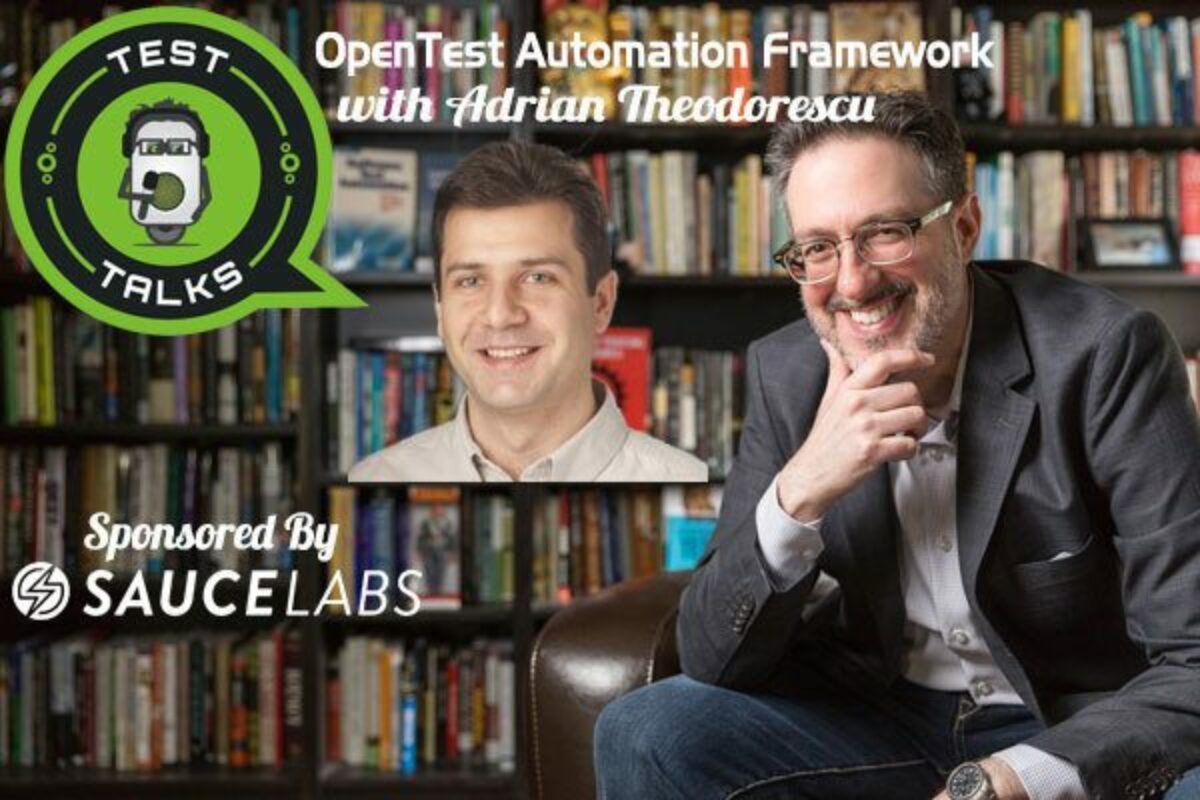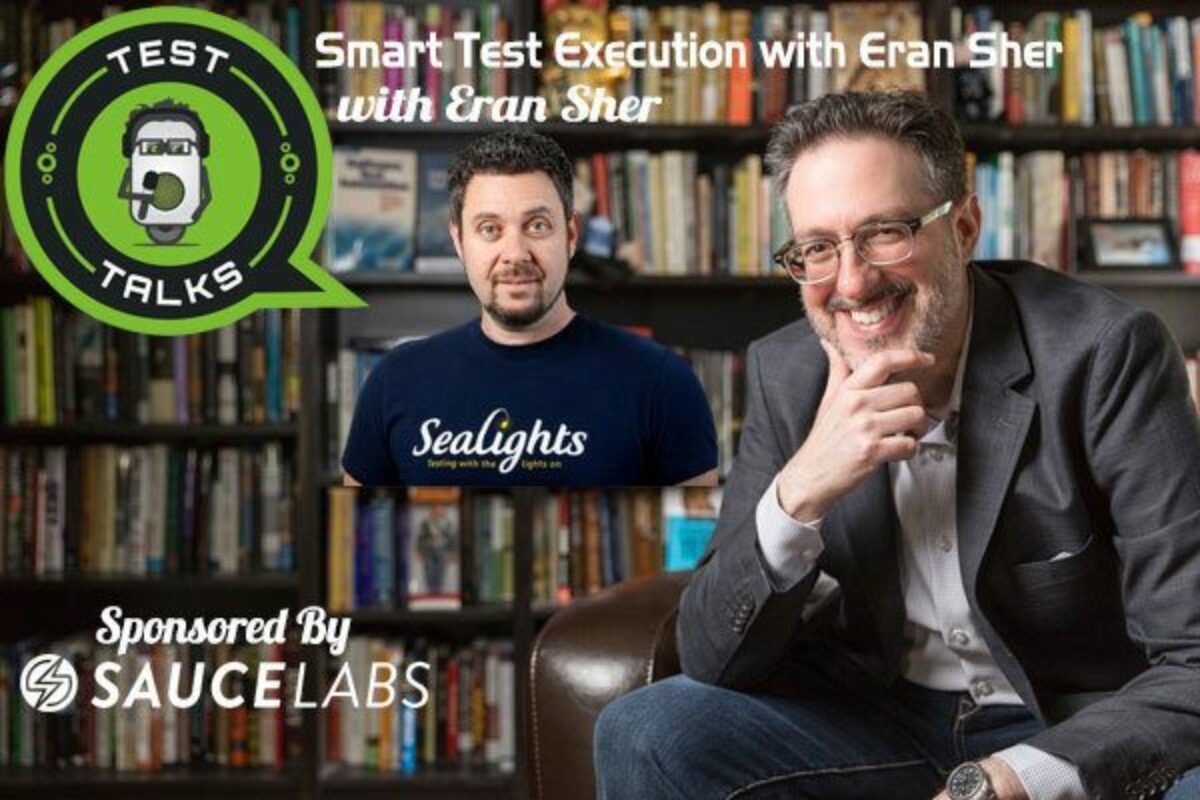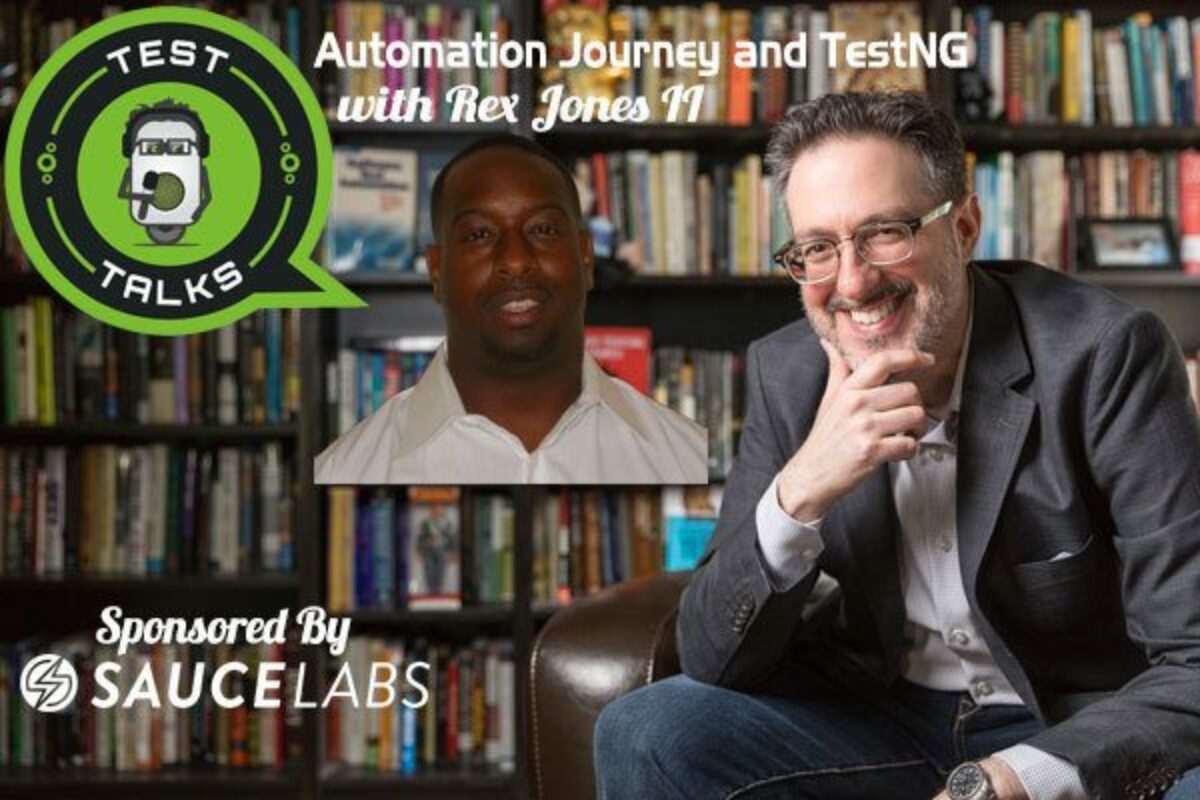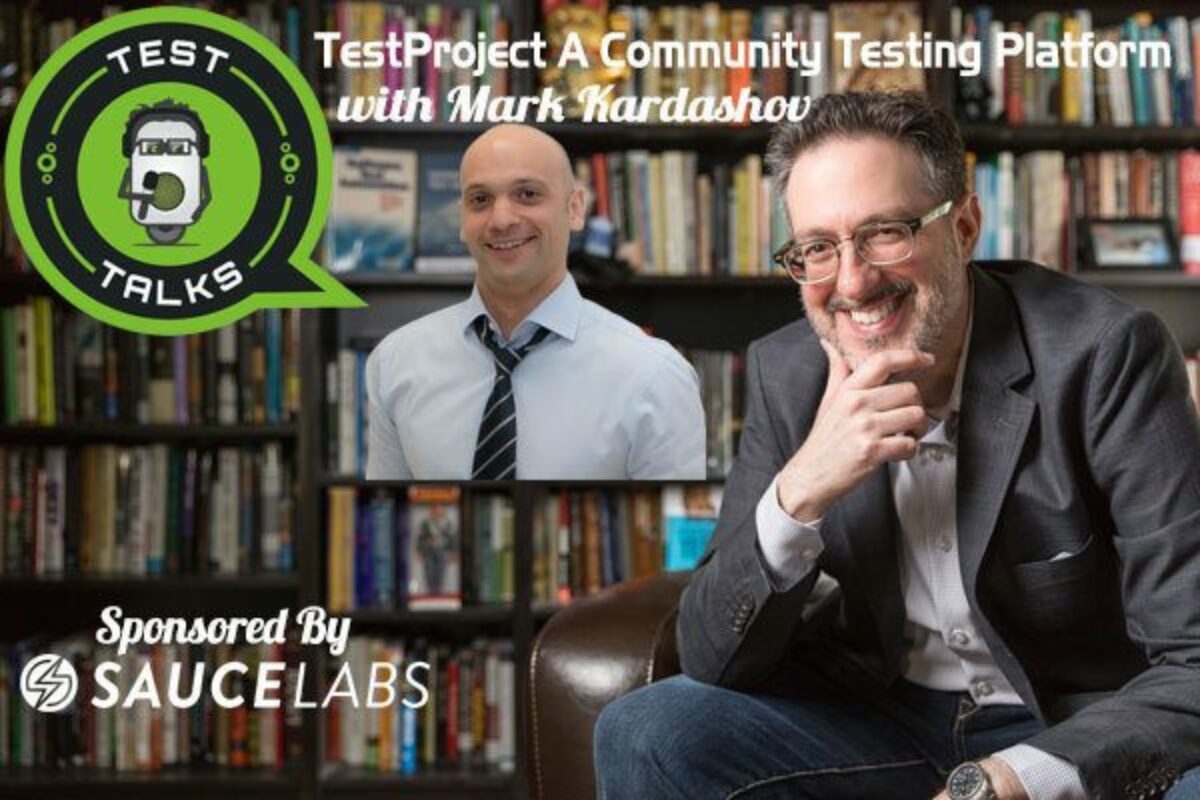Are you hungry to learn more about an open-source framework? In this episode Adrian Theodorescua, a developer-turned-tester with over 17 years of experience shares his experiences with helping to create OpenTest. OpenTest is a free, open-source functional test automation tool for Web applications, mobile apps, and APIs. Based on Andre’s description, it might be the perfect framework for you. Check it out.
**Adrian would like us to mention that the views expressed in the interview are his own and not those of his employer
About Adrian Theodorescu

Adrian is a software engineer with 17 years of professional experience (but he's been writing code for much longer than that). He was born in USA but lived in Europe for most of my life. Adrian is married, with two kids, and he moved to the US with my family in 2011. He's currently working as a software architect for a large multinational company. Adrian got involved with test automation when his boss asked him to dedicate 50% of his time to help his QA department get off the ground with their test automation efforts. He reluctantly accepted the “mission”, which later resulted in what Adrian consider to be one of his best professional achievements so far: the OpenTest functional test automation tool.
**Adrian would like us to mention that the views expressed in the interview are his own and not those of his employer
Quotes & Insights from this Test Talk with Adrian Theodorescu
- Initially, we tried to avoid developing a custom tool, thinking we would be “reinventing the wheel”. We soon understood that using a commercial tool can never work at scale and on a long term.
- OpenTest is truly open source – not just in the marketing material: it doesn't offer a limited open source version and a commercial full version, it doesn't force you to use a paid reporting solution or any other of the typical tricks some companies in the industry like to play.
- Software development is hard, and test automation is hard. When you combine the two in the same project, you end up with something that's really difficult to get right. And yet, that's exactly what most teams are doing when they build the typical test automation framework in Java, C#, JavaScript or any programming language. The OpenTest approach was to isolate and hide the complexity of its features (distributed testing, parallel testing, data-driven testing, etc.) into the core test framework and only expose clean, high-level APIs to the test engineer, so he can give his undivided attention to the application under test and the test logic and not have to worry about things that are not in his core competency or responsibility.
- Non-coders can write tests using the keyword-driven approach. Beginner coders can use short JavaScript snippets to compute the value of keyword arguments or write a simple for loop or if statement. Advanced coders can add their own keywords using Java.
- One of the things that differentiates OpenTest from other similar products and especially from commercial tools is that its design evolved organically, without being rushed, dictated or influenced by our leadership team. This gave us a real sense of ownership of the product design and roadmap, and because of that, we were able to focus primarily on the features that were most valuable for the test automation engineers and not necessarily on the ones that typically appeal to management (drag and drop, record and playback, etc.). Leadership was focused on making sure we hit our test automation targets, but we didn't get many questions regarding the automation tool itself, which allowed us to “fly under the radar” and make all design decisions at “the last responsible moment”. The end result is a tool that feels natural to use, gives you all the features you need and prevents you from making costly mistakes while still allowing you the freedom to come up with innovative solutions.
- OpenTest is designed so as to allow all team members to bring the most value possible given their skill level. It can be used by non-coders, beginner coders and advanced coders, and there are well-defined ways for each one of those three categories to contribute to the test automation project and maximize the use of their abilities. I can elaborate on that during the interview.
Connect with Adrian Theodorescu
- Twitter: @TheAdrianTheo
- LinkedIn: adriantheodorescu
- Get OpenTest
- GitHub
Rate and Review TestTalks
Thanks again for listening to the show. If it has helped you in any way, shape or form, please share it using the social media buttons you see on the page. Additionally, reviews for the podcast on iTunes are extremely helpful and greatly appreciated! They do matter in the rankings of the show and I read each and every one of them.
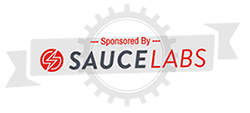
Powered By SauceLabs
Test Talks is sponsored by the fantastic folks at Sauce Labs. Try it for free today!

